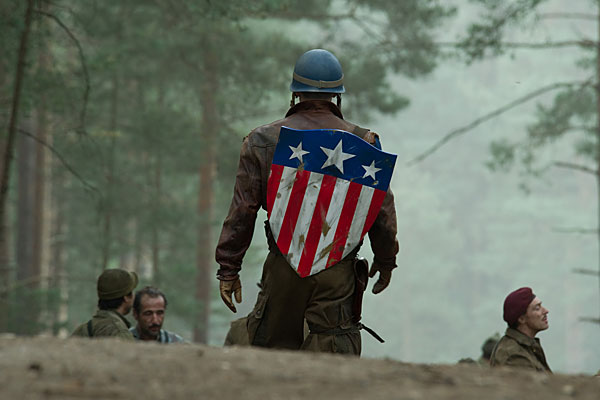The fine fellows over at SF Signal are asking all and sundry which is the biggest Sci-Fi turkey you, dear readers, have chanced across this Thanksgiving season. The question would require an ocean of ink to answer, so allow me to answer only one smaller version of the question: which science fiction or fantasy title was the biggest turkey you ever heard tell of? Not the movie, just the title. Not the book itself, just the title?
You see, titles are supposed to be evocative. The title is supposed to be a hint of magic to lure the reader in, to set the viewer wondering. For my money, the two most evocative titles ever penned are: WELL AT THE WORLD’S END. I don’t think any book can live up to the eerie sense of awe that title evokes.
The second: THE DARK IS RISING.
You see, the title THE DARK IS RISING sounds so much more unchancy and supernal than, say, a book titled THE NAZIS ARE INVADING or THE NORSEMEN RAID or MARS ATTACKS or even THE EMPIRE STRIKES BACK. There is something unspeakable and unnamed in the Dark, so that way before you know what or who it is, you sure don’t want your lifetime to be the time of the rise. You do not want to peer out the window over the snow and see the lampposts being extinguished one by one quite silently, or the stars.
Harlan Ellison once wrote an essay on evocative titles — my memory cannot dredge up the title or the year — where he proposed a great title would be something like THE OTHER EYE OF POLYPHEMUS. He liked the title so much he promised in the essay to write a short story with that title (a promise he has since kept). But he contrasted this with the lest evocative title he could invent: THE JOURNEY.
It tells you it is a story about someone going somewhere.
Harlan Ellison then confesses that coming up with a title as bland and meaningless as THE JOURNEY was difficult. It had taken him hours and driven him to the bottle and caused him to sweat drops like blood. It takes true anti-genius to be able to invent a title so unimaginably unmeaningful.
Well, someone matched that genius, or at least came close. When Hollywood made THE DARK IS RISING into a film, they changed the title to THE SEEKER.
It tells you it is a story about someone looking for something. Or playing quidditch.
I defy anyone, even a mad genius like Harlan Ellison, to come up with a title even more bland, unappealing, uninformative, unevocative, unmagnificent, unmagical.
THE SEEKER! A guy looking for something!
To take the most evocative title in fantasy-dom and turn it into the least is noteworthy, if not awe inspiring, for the same reason seeing corpses of cows spilled out of a train wreck of cattle cars and flung across bundles of smashed and burning freight is noteworthy.

